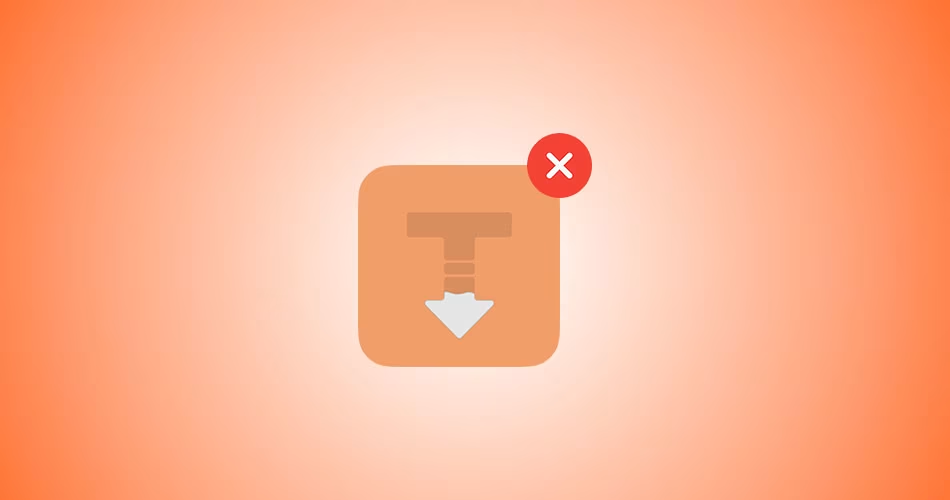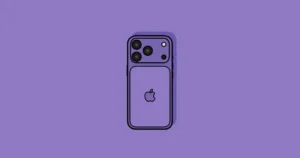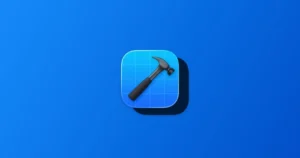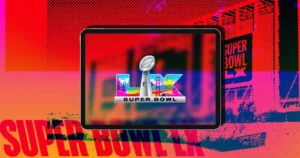Apple has quietly cut off iTorrent — one of the few torrenting apps available for iPhone and iPad — from being distributed through the AltStore PAL alternative marketplace in the European Union, according to a report from TorrentFreak.
What Happened?
Since July 2024, apps like iTorrent and qBitControl were available on AltStore PAL, an alternative app marketplace made possible under the EU’s Digital Markets Act (DMA). This law forces Apple to allow third-party app distribution in EU countries, loosening the strict App Store-only model.
But starting July 2025, some users noticed they could no longer download iTorrent. The app’s developer, Daniil Vinogradov, revealed that Apple revoked its distribution rights — without explanation. Even after pushing for details, Apple only offered generic responses, saying the matter was “under investigation.”
Apple’s Notarization Process
While apps distributed outside the App Store face fewer restrictions, Apple still exerts control through its Notarization process. This system performs a basic review to ensure apps aren’t laced with malware, viruses, or clear fraud. Apple says it also checks that apps function as advertised.
That means even if an app passes through AltStore PAL, Apple has the final say on whether it can exist on iOS devices.
Suggested: Android’s Big Shift: Google Tightens Sideloading Rules, Fans Call It a Step Back
Why Was iTorrent Blocked?

Right now, nobody knows. Apple hasn’t flagged torrent apps in general — AltStore PAL says it hasn’t received any warnings or blanket bans against torrenting software. That leaves the possibility that iTorrent specifically raised red flags, or Apple simply isn’t comfortable letting a torrent client run freely on iOS, even in the EU.
The lack of transparency is frustrating. Speaking to TorrentFreak, developer Daniil Vinogradov (XITRIX) said:
“I still have no idea if it was my fault or Apple’s, and their responses make no sense.”
The Bigger Picture
Apple has long resisted torrent apps on its platform, citing piracy and security risks. The DMA was supposed to crack open the walled garden, but this incident shows Apple still has significant power to pick and choose what runs on iPhones — even outside the App Store.
For users, this feels like a test case. If Apple can revoke a torrent app without explanation, what’s to stop them from doing the same to other “grey area” apps in the future?






